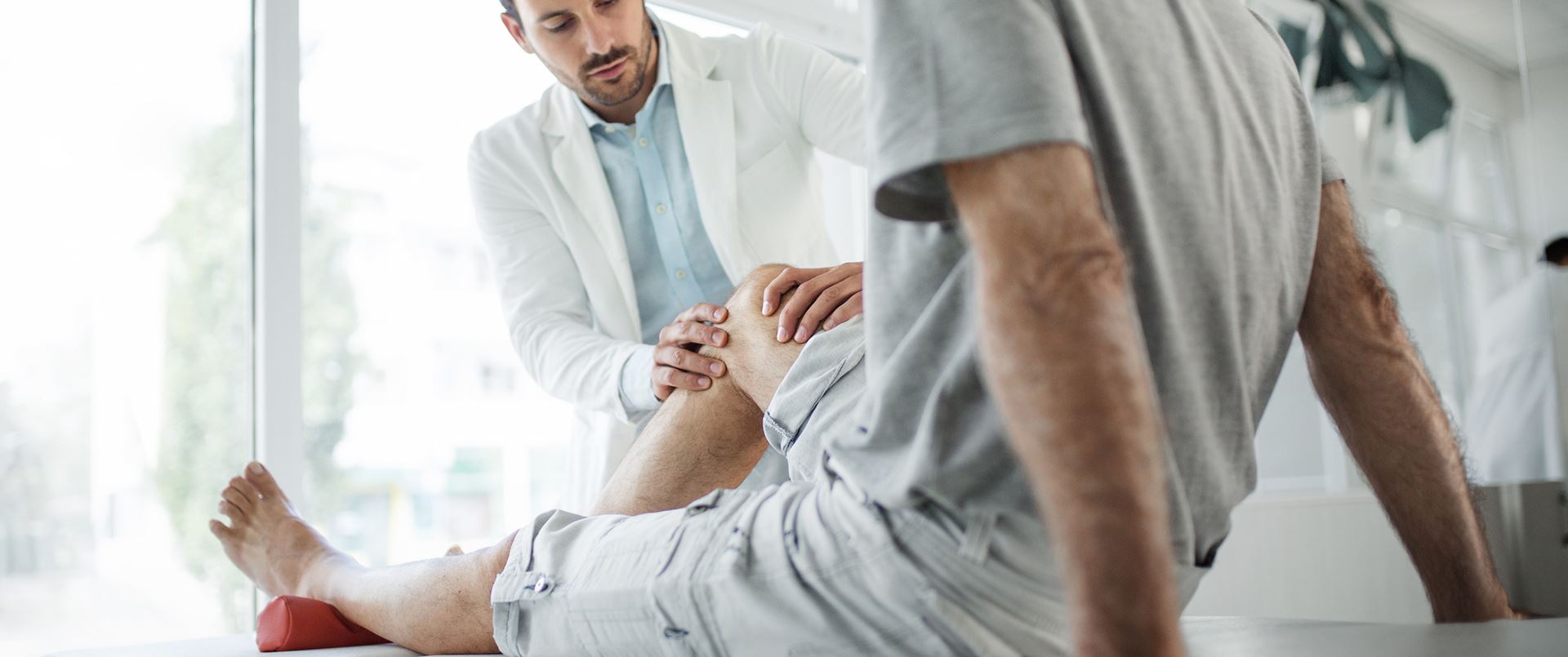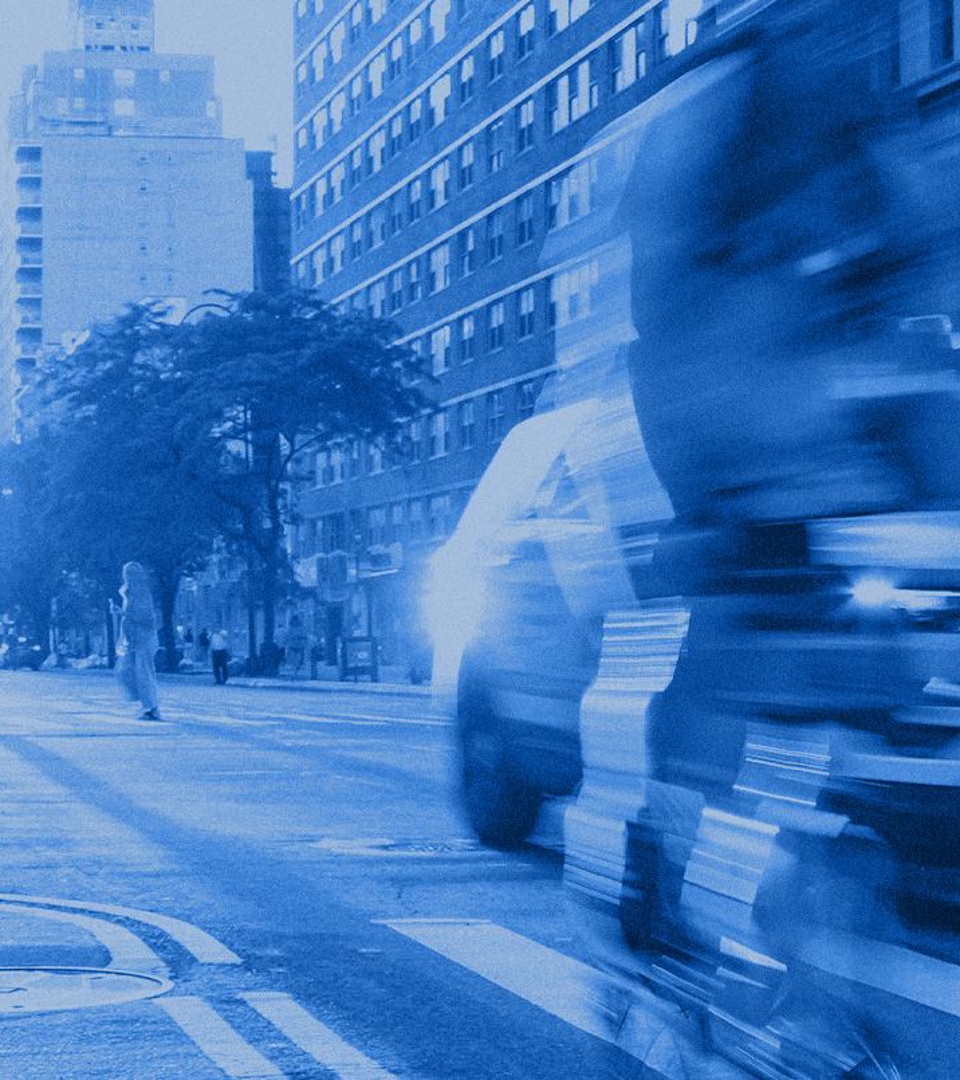
Knee Joint Treatment in New York
The knee joint is a simple single plane of motion joint, connecting the thigh bone (femur) to the shin bone (tibia). It is classified as a synovial hinge joint, and it is designed to help absorb impact during weight-bearing activities like walking, running, and jumping.
The knee joint is supported by four ligaments: the anterior cruciate ligament (ACL), the posterior cruciate ligament (PCL), the medial collateral ligament (MCL), and the lateral collateral ligament (LCL). In addition, there are two crescent-shaped pieces of cartilage called menisci, which act as shock absorbers and distribute weight evenly across the joint and through the lower limbs.
Contact us to schedule an appointment for knee joint physical therapy treatment in New York.

Hear From Our Happy Patients
At Lifestyle Physical Therapy, your satisfaction is our priority! See for yourself what our patients have to say about working with us.
-
"Nice & Knowledgeable"
I came to see him with a knee and both shoulders at the beginning of 2022. He is also a very great and nice person, so the PT hour flies very fast.- RK. -
"Encouraging & Confidence!"
Matt worked with me three times a week with enthusiasm, confidence, and skill. His attitude and energy was key motivator to my success in reaching my goal.- Daniel K. -
"Amazing Experience"
He has really helped me with my back pain and overall I have had a great experience. He is very knowledgeable, friendly, and really cares about his patients.- Luiza K. -
"Friendly Staff"
He pays attention to everything you tell him and provides a therapy schedule that gets you back up and running as well as new.- Andrew W. -
"Customized Experience"
If you are not comfortable with some exercises, he will update them to your needs, I really like that. The physical therapy place is very clean and if you are lucky you will get to meet his adorable dog.- Danny K. -
"Highly Recommend"
In my opinion, what really sets Matthew apart is his ability to pay attention to the individual and understand each person's idiosyncratic needs. I cannot recommend him highly enough.- Azi E. -
"Truly Cares"
Time goes by so fast during every appointment! He also has his therapy pup in the office sometimes, and he's an absolute lovebug! Highly recommended!- Jessica Y. -
"Very Honest"
He was also the first one to say maybe it's time to decrease the sessions to once a week and then every other week once he felt that I was really on the mend. I cannot say anything other than anyone who is in pain and/or needs physical therapy should see D- Nick A.



